Psychological treatment of orthopedic diseases
I remember a patient with a fractured thigh who was a foreign patient who was working alone in Beijing and accidentally fell off the second floor and injured the femur. After hospitalization, the patient was very silent, unwilling to communicate with the patient, frowning all day, and even unwilling to answer the doctor''s rounds and diagnosis and treatment. When I asked my coworkers carefully, I realized that his wife, children, and parents were all in his hometown. The family depended on him to make money... He was about to undergo surgery, and he didn’t notify his family. I had to call his unit leader. Come and sign with the patient. It was not until the head of the unit told the patient in front of us that he used accident insurance to pay for his medical expenses, and when he applied for a work-related injury, the middle-aged patient''s tight eyebrows stretched slightly, and after that began to cooperate with our treatment, gradually He can talk to a patient in the same room. For the first time, I feel that my scalpel is not a panacea. Maybe it can cure the patient''s disease, but it does not always open the patient''s heart.
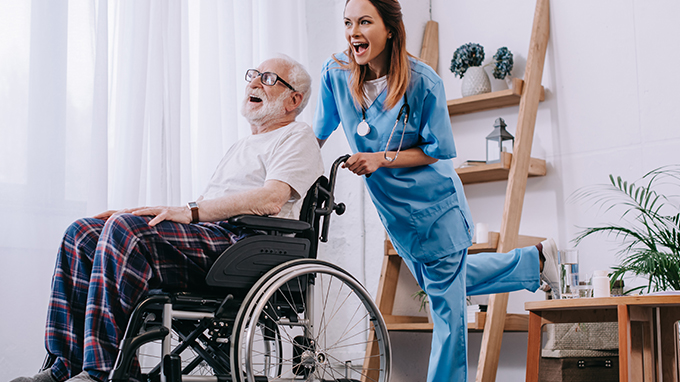
Orthopedics is a body and human body Sports functions are closely related subjects. Most orthopedic diseases directly limit the activities of human limbs and affect the quality of life. With the rapid development of natural and social sciences, the importance of the relationship between human and environment, the relationship between psychology and physiology It is increasingly recognized by clinical medicine. Therefore, it is no longer enough to treat orthopedic diseases with drugs, physiotherapy and surgery alone. The patient''s mental state, family relationship, economic status, and nature of work are inseparable from the patient''s rehabilitation.
In the past, in the medical process of orthopedic surgery, medical workers often only saw people who were about to get sick, are getting sick and recovering after illness, or were still in health to consult. The physiological activities or biological aspects that they serve, while ignoring their psychological activities or social aspects, often lead to the phenomenon of "seeing people but not seeing people". The relationship between doctors and patients should be the relationship between doctors and people, not the relationship between doctors and diseases.
The health and psychological education of patients in orthopedic surgery is a problem that cannot be ignored. Most orthopedic diseases are characterized by sudden onset, suddenly from normal people to people who can’t take care of themselves, and many patients are suddenly unable to accept the sudden psychological The pain and mental shock. This requires medical staff to not only pay attention to the patient''s injury, but also provide psychological counseling and health education to the patient to eliminate their irritability, anxiety, pessimism, and disappointment. At the same time, they must correctly understand the social environment of the patient. , To maximize the support of family members and relatives and friends, and enhance patients'' confidence in defeating the disease.
The implementation of health and psychological education can enable patients and their families to learn more about the characteristics of orthopaedic diseases, help them master the correct methods of functional exercise and health care knowledge, successful orthopedic health and psychological education It will play a positive role in strengthening the relationship between doctors and patients, promoting rehabilitation, reducing complications and disability rates, shortening hospitalization days and reducing hospitalization costs, improving patient satisfaction rate and the social reputation of the hospital.
Related Articles
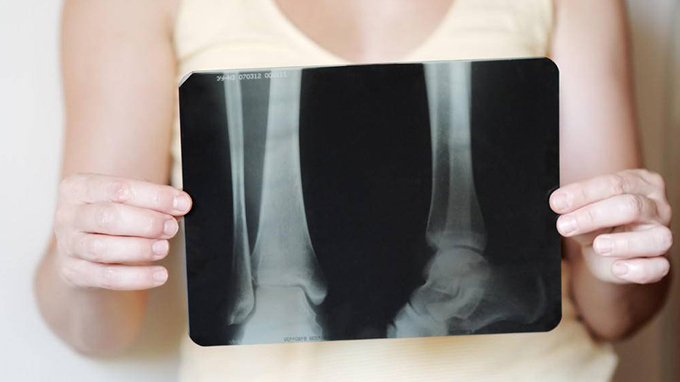
- Does the joint synovium also produce "hernia"?
- In orthopedics clinics, chronic hip pain is very common. Most of the cases are hip osteoarthritis, hip synovitis, hip sprain, etc. However, for young patients with hip pain, due to differen
- 2020-08-03

- What diseases can cause "downhill difficulties"
- As the saying goes: going up the mountain is easy, but going down the mountain is difficult. Although many friends are very cryptic about this remark, it is difficult to go up the mountain
- 2020-08-03

- Knee joint can also add a little "oil"
- "Doctor, when I walk, I always feel like something is hard in my knee and I am often stuck"; "Doctor, my knee joint always hurts. I went to many hospitals and let I change join
- 2020-08-03
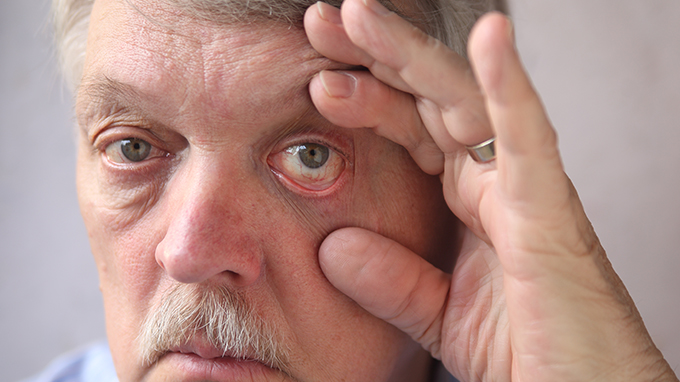
- Middle-aged and elderly magic weapon-Coke ball
- It is understood that in many parks, walkways, neighborhoods and homes, a group of sixty to seventy-year-olds are hooked on a sport--playing "Coke Balls", even accompanied by tango
- 2020-08-01
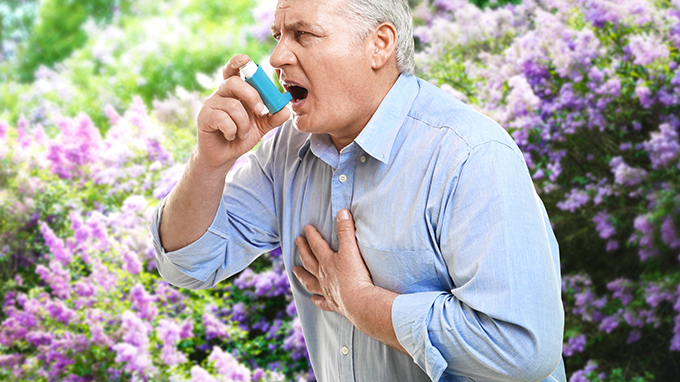
- When playing Tai Chi, be careful of knees, legs, and feet.
- Elderly people have the habit of morning exercises. In the park in the morning, either practice Tai Chi or walk slowly, in short, the purpose is to sweat. However, some elderly people exerc
- 2020-08-01
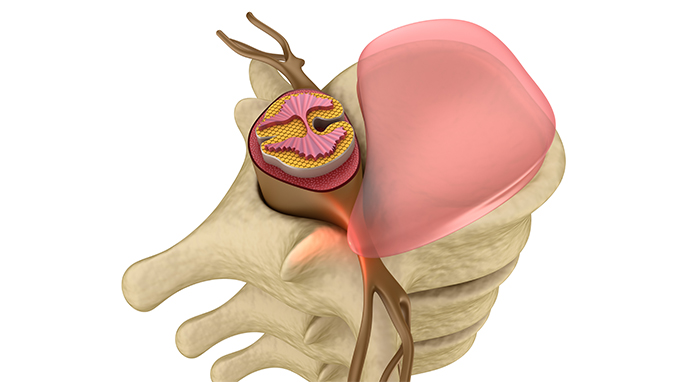
- The killer of the perfect quality of life for the elderly-knee osteoarthropathy
- Osteoarthropathy is a chronic joint disease characterized by the degeneration, destruction and hyperplasia of articular cartilage. The knee joint is the most commonly affected peripheral j
- 2020-08-01
